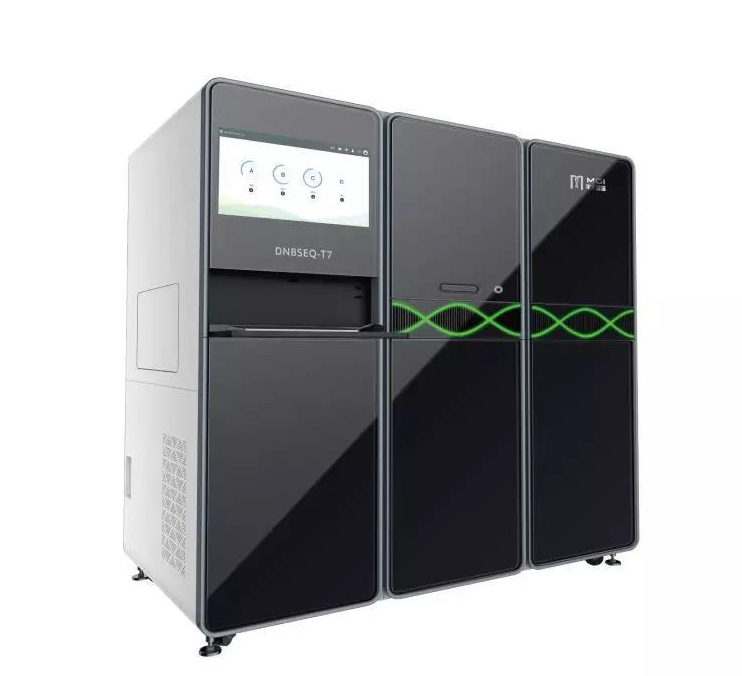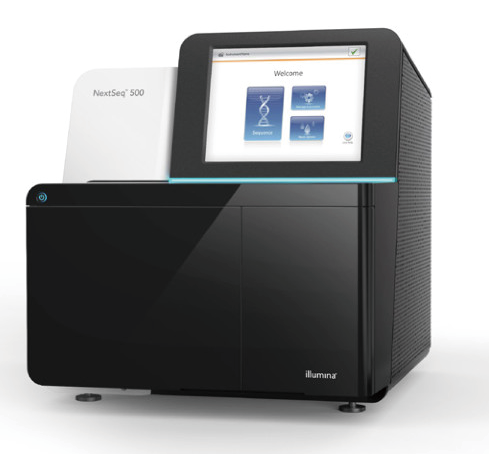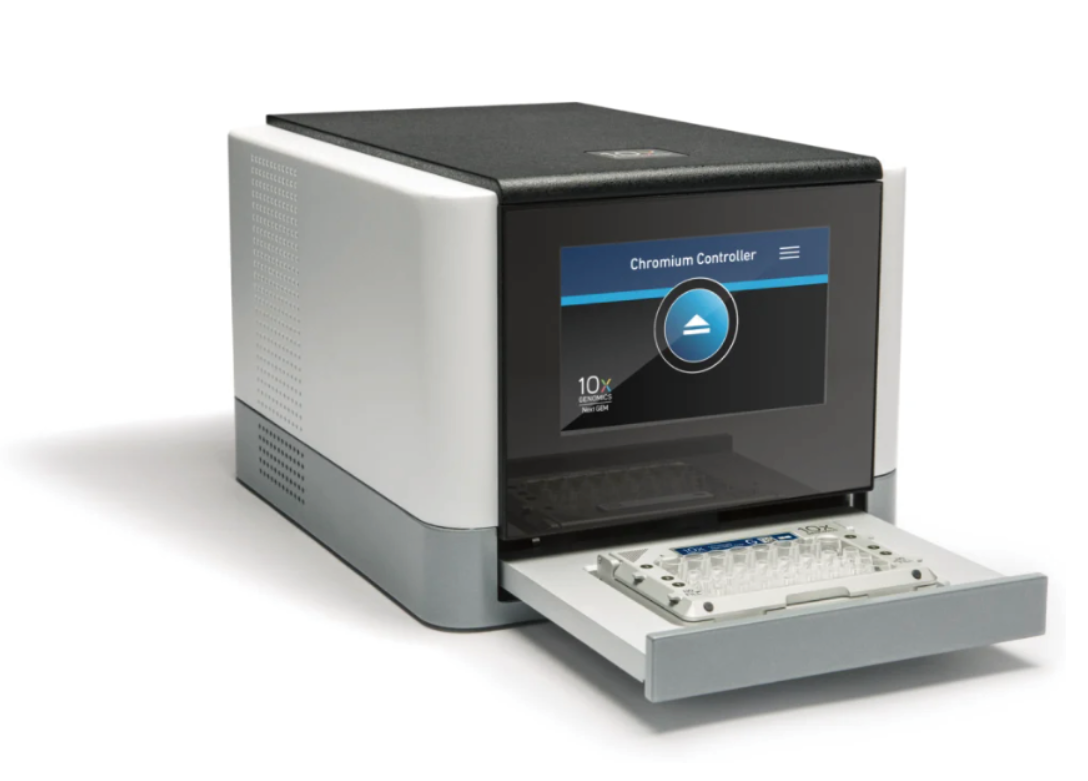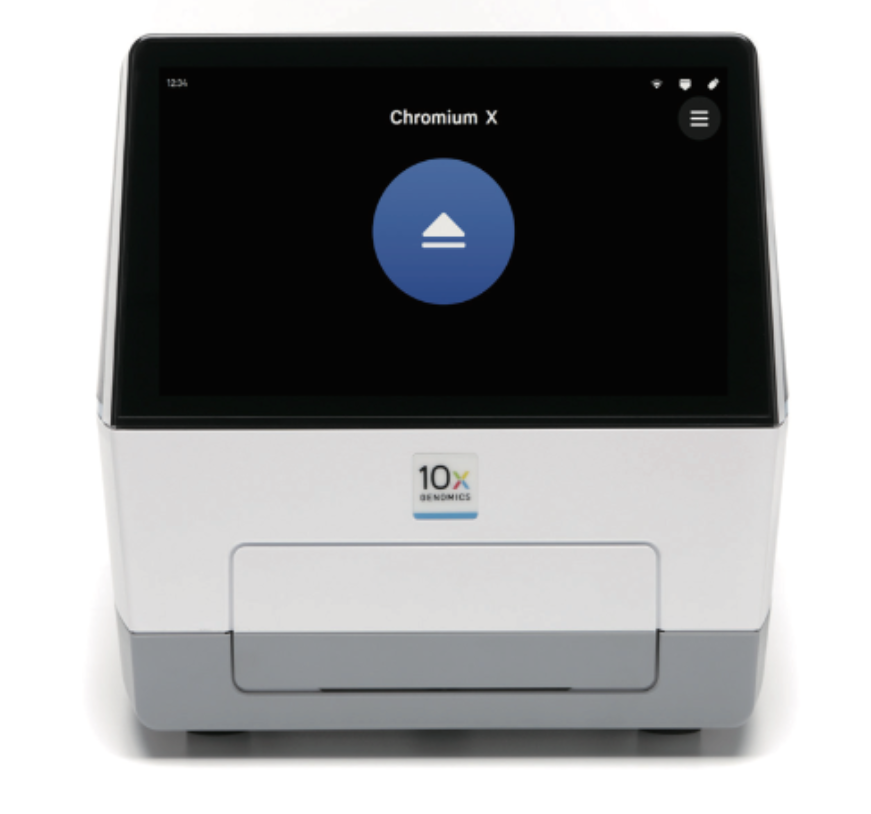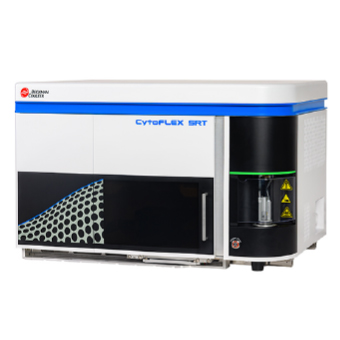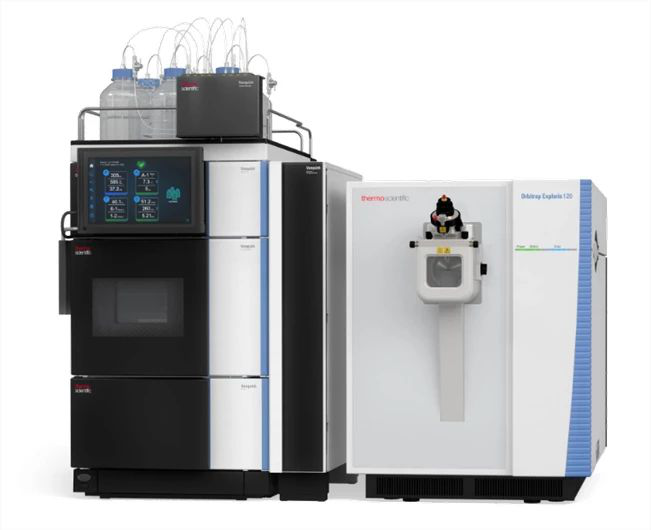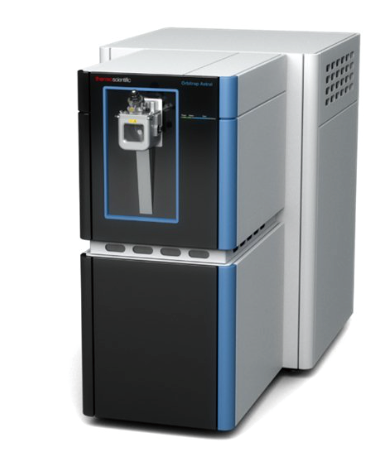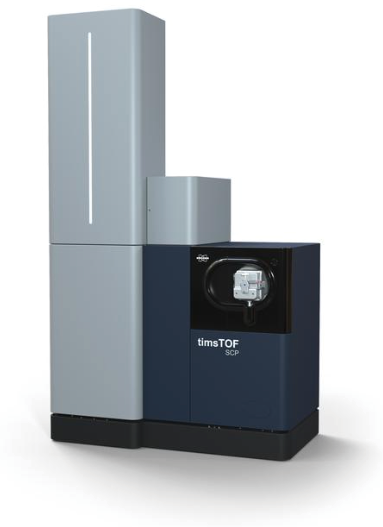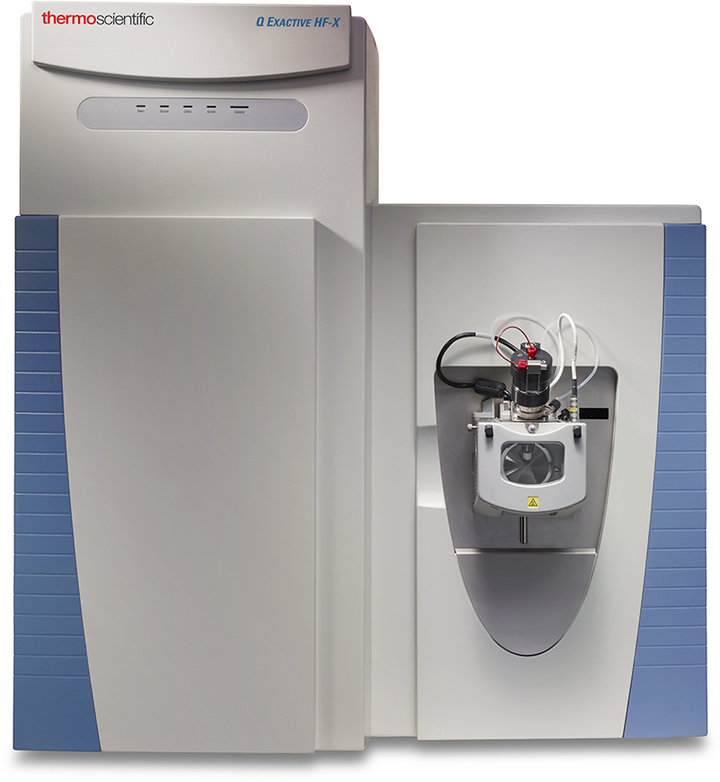Abstract:
This research aimed to evaluate the impacts of Monascus purpureus on the microbial community and major metabolites of Cupei and vinegar of Sichuan bran vinegar (SBV). Cupei is the mixture of fermented materials and vinegar is the liquid leached from Cupei. The characteristics of microbial community were revealed by Illumina-MiSeq. The result suggested that inoculation of M. purpureus decreased the microbial diversities and inhibited several pathogens related microbes including Erwinia, Proteus and Ignatzschineria of Cupei. The dominant genera of SBV were Lactobacillus, Acetobacter, Trichoderma and Candida. With addition of M. purpureus, the total relative abundance of Lactobacillus and Acetobacter was increased from 75.14% to 99.79%. Furthermore, the major metabolites in corresponding vinegar were investigated by HPLC and HS-SPME-GC–MS. The result indicated that the addition of M. purpureus significantly promoted the accumulation of organic acids, aromatic esters and alcohols, whose contents were increased by 1.95, 2.30 and 3.55 times, respectively. Meanwhile acetic acid, lactic acid, phenethyl acetate and β-phenethyl alcohol were the dominant components in organic acids, esters and alcohols, respectively. In addition, the relationship between dominant microbes and major metabolites explored by redundancy analysis displayed that Lactobacillus, Acetobacter, Candida and Monascus were closely related with seven volatiles and five organic acids. This study provided an insight on regulation of microbial community and metabolic function of traditional fermented foods by bioaugmentation.
Text link:
https://www.sciencedirect.com/science/article/abs/pii/S0168160518305841




